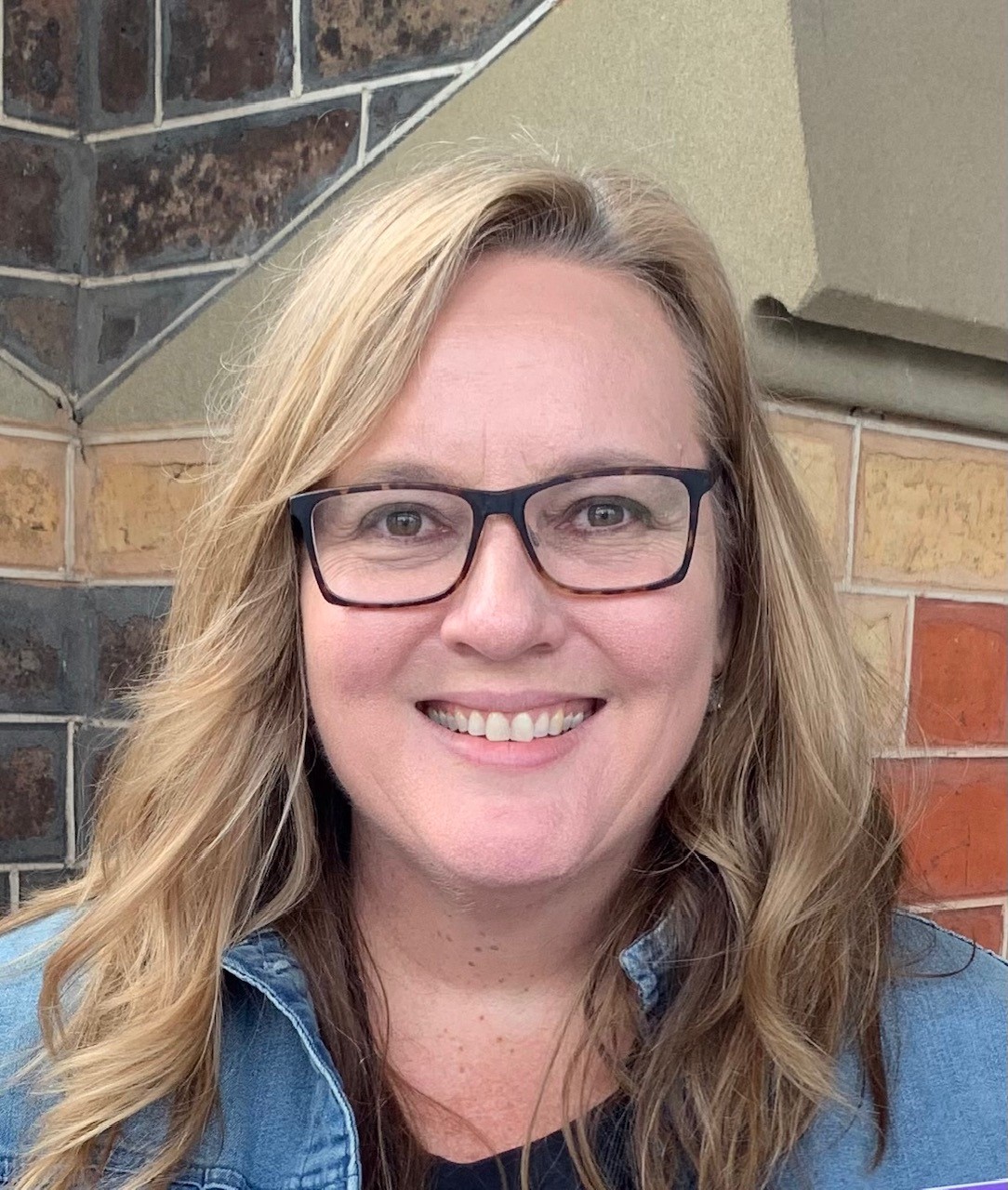In Genesis chapter 27, we encounter the intriguing story of Jacob, a character whose journey profoundly illustrates the struggle and ultimate acceptance of one’s true identity. Jacob is the younger of two brothers, the other being Esau, who is depicted as the archetypal outdoorsman – hairy, muscular, and athletic. In stark contrast, Jacob is more of a homebody, favouring cooking and perhaps indulging in quiet reading, a clear favourite of his mother.
The Deception: Jacob Posing as Esau
A pivotal moment occurs when their father, Isaac, decides to bestow a blessing on Esau. Seizing an opportunity, Jacob, with his mother’s help, disguises himself as Esau to receive the blessing from his half-blind father. When Isaac questions his identity, Jacob deceitfully responds that he is Esau, the firstborn. This act of impersonation reflects a universal human experience – the temptation to assume a false identity for perceived gain.
A Reflection of Our Own Struggles with Identity
Jacob’s story resonates on a personal level. Many of us, like Jacob, have experienced the desire to emulate someone else, perhaps an older sibling or a figure we admire, often masking our true selves in the process. This narrative prompts a poignant question: Who are we really trying to be? Are we embracing our genuine selves, or are we lost in the facade of being someone we are not?
Jacob’s Tumultuous Journey and Self-Realization
Jacob’s life following the deception is tumultuous. He flees from his family, encounters various trials, including marrying his cousin (a twist worthy of its own exploration), and eventually finds himself in a mysterious and transformative wrestling match in Genesis chapter 32. In this encounter, as he wrestles with what some interpret as an angel or a manifestation of God, he is asked his name. It’s a moment of reckoning – an inquiry into his true identity.
When Jacob responds with his real name, it signifies a pivotal moment of self-acceptance. He finally acknowledges and embraces who he truly is, not Esau, not someone else, but Jacob.
The Universal Journey to Self-Acceptance
Jacob’s story is more than an ancient narrative; it mirrors the journey each of us undertakes in life. The challenge is to confront and accept our true selves, with all our unique qualities and idiosyncrasies. It’s about being fully ‘Chris’, fully ‘you’, or fully whoever we are, and navigating life with honesty and authenticity.
In essence, the story of Jacob isn’t just a tale from the past; it’s a reflection of our ongoing human quest to discover and embrace our true identity, moving beyond the shadows of others and stepping into the light of our own unique being.




